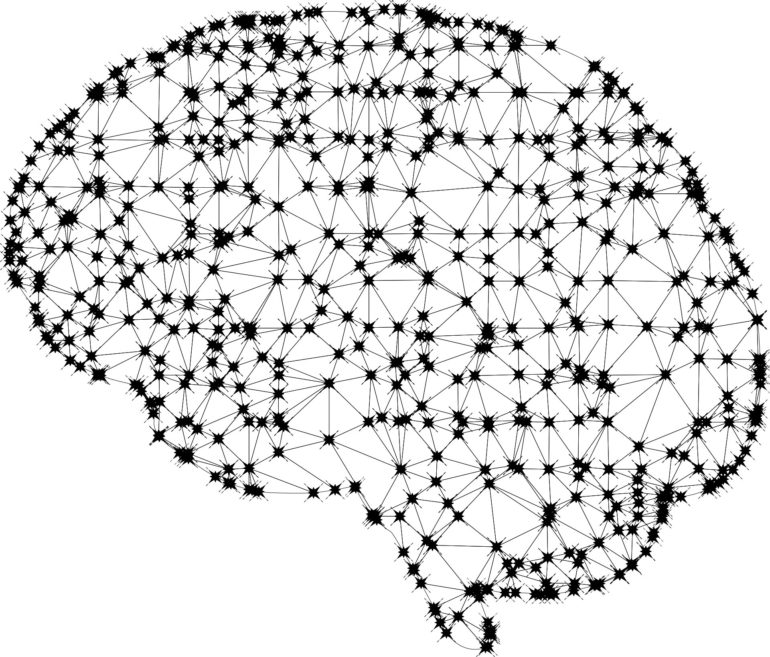An international research team with participants from several universities including the FAU has proposed a standardized registry for artificial intelligence (AI) work in biomedicine to improve the reproducibility of results and create trust in the use of AI algorithms in biomedical research and, in the future, in everyday clinical practice. The scientists presented their proposal in the journal Nature Methods.
In the last decades, new technologies have made it possible to develop a wide variety of systems that can generate huge amounts of biomedical data, for example in cancer research. At the same time, completely new possibilities have developed for examining and evaluating this data using artificial intelligence methods. AI algorithms in intensive care units, e.g., can predict circulatory failure at an early stage based on large amounts of data from several monitoring systems by processing a lot of complex information from different sources at the same time, which is far beyond human capabilities.
This great potential of AI systems leads to an unmanageable number of biomedical AI applications. Unfortunately, the corresponding reports and publications do not always adhere to best practices or provide only incomplete information about the algorithms used or the origin of the data. This makes assessment and comprehensive comparisons of AI models difficult. The decisions of AIs are not always comprehensible to humans and results are seldomly fully reproducible. This situation is untenable, especially in clinical research, where trust in AI models and transparent research reports are crucial to increase the acceptance of AI algorithms and to develop improved AI methods for basic biomedical research.
To address this problem, an international research team including the researchers from the FAU has proposed the AIMe registry for artificial intelligence in biomedical research, a community-driven registry that enables users of new biomedical AI to create easily accessible, searchable and citable reports that can be studied and reviewed by the scientific community.
The freely accessible registry is available online and consists of a user-friendly web service that guides users through the AIMe standard and enables them to generate complete and standardized reports on the AI models used. A unique AIMe identifier is automatically created, which ensures that the report remains persistent and can be specified in publications. Hence, authors don’t have to cope with the time-consuming description of all facets of the AI used in articles for scientific journals and simply refer to the report in the AIMe registry.
Since the registry is designed as a web platform maintained by the scientific community, every user can ask questions about existing reports, make comments or suggest improvements. This feedback from the community will also be included in the annual update of the AIMe standard, and interested researchers can join the AIMe Steering Committee to become more involved in the further standardization of biomedical AI.
“The AIMe registry not only makes it possible to easily report AI methods in a citable form, but also contains a database which enables searching for relevant existing AI systems. This prevents researchers from reinventing an already existing approach and makes it easier for them to assess whether a potentially useful AI method has been evaluated in sufficient depth,” reports Prof. Dr. David B. Blumenthal from the Biomedical Network Science Lab at the Department Artificial Intelligence in Biomedical Engineering of the FAU.
Deep learning with SPECT accurately predicts major adverse cardiac events
More information:
Julian Matschinske et al, The AIMe registry for artificial intelligence in biomedical research, Nature Methods (2021). DOI: 10.1038/s41592-021-01241-0
AIMe registry: aime-registry.org/
Provided by
Friedrich–Alexander University Erlangen–Nurnberg
Citation:
A standard for artificial intelligence in biomedicine (2021, August 27)
retrieved 27 August 2021
from https://techxplore.com/news/2021-08-standard-artificial-intelligence-biomedicine.html
This document is subject to copyright. Apart from any fair dealing for the purpose of private study or research, no
part may be reproduced without the written permission. The content is provided for information purposes only.



